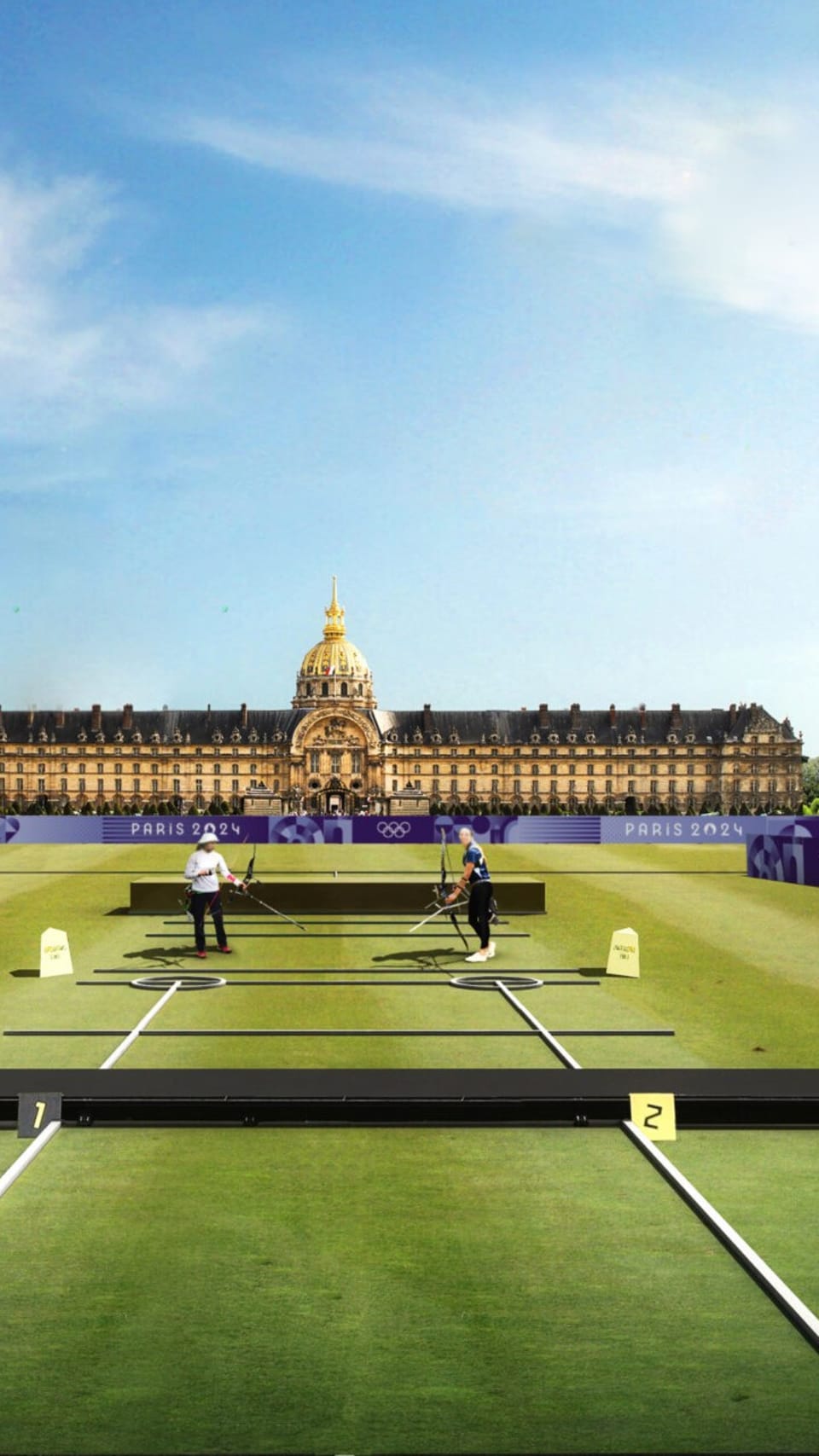
Organising more responsible Games
At Paris 2024, we believe that sport is a driving force for major changes. With the social and environmental challenges of today, we also believe that sport needs to be transformed. That is why, since the bid phase, Paris 2024 has embraced its responsibilities by offering a model for different Games, more sustainable and just as spectacular, and is mobilising all the possible dynamics to support this approach.
OUR VISION: ORGANISING BETTER GAMES WITH LESS AND THAT LEAVE A LEGACY
Organising the Games means developing infrastructures to host more than 800 sports events, providing accommodation and transport for 15,000 athletes, equipping and training 45,000 volunteers, serving 13 million meals, ensuring the televised broadcasting of the Games around the world, offering opportunities to experience unforgettable emotions during the ceremonies… Paris 2024 is working at all levels of the organisation to reduce its environmental and climate impact. By developing and testing more responsible solutions across all aspects of the organisation, Paris 2024 also hopes to inspire and leave a legacy for more responsible sport.
Less: a sustainable concept since the bid phase
Less venues built, less equipment produced, less single-use plastics used for food and beverages… We have looked to reduce everything that can be reduced, for Games that emit less carbon and consume less resources, while enabling as many people as possible to benefit from them.
Better: Games as a testing ground for more responsible solutions
Better design of temporary infrastructures, better sourcing of energy supplies, better consumption and support local businesses, better adapting to the weather conditions… For us, each aspect of the organisation is an opportunity to propose more sustainable solutions.
A legacy for communities, sports and events
Accelerating major projects in locations where they are need; ensuring a second life for the Game’ furnitures and equipements in France when possible, encouraging more sustainable behaviour; sharing our methods… We are putting everything in place to ensure that the material and immaterial legacy of the Games is useful for everyone.
OUR ACTIONS FOR MORE RESPONSIBLE GAMES
Reducing carbon emissions for the Games
With its bid to stage the Games, Paris set out a strong ambition: “halving its carbon footprint compared with previous Games and offsetting the emissions that cannot be avoided.” To achieve this, Paris 2024 is taking action to reduce its impact across all aspects of the event’s organisation and supporting projects to capture or avoid carbon emissions in France and around the world.

Prioritising existing or temporary infrastructures
Paris 2024 is able to count on outstanding sports facilities throughout France, and is also setting up temporary venues designed with a more responsible approach. Only one competition venue is being built for the Games, incorporating groundbreaking environmental performance features: the Aquatics Centre in Saint-Denis.
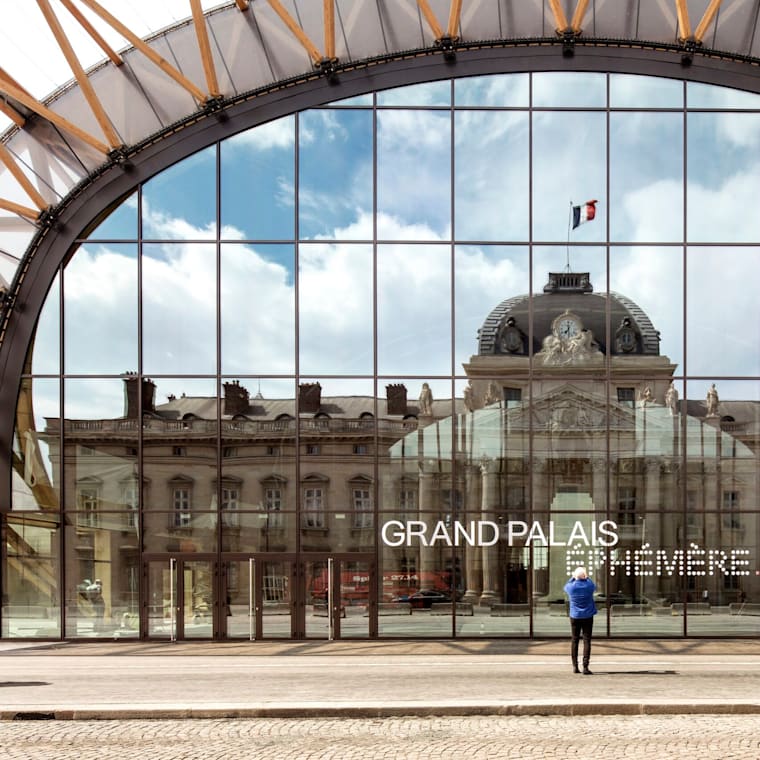
Preserving the venues and their environment
For all the venues, from more urban settings such as Concorde to more natural venues like the Golf National in Saint-Quentin-en-Yvelines, Paris 2024 identifies the environmental potential impacts associated with the event’s organisation. By regularly monitoring each project, particularly in the most sensitive areas, Paris 2024 is working to reduce its impact on local biodiversity and heritage.
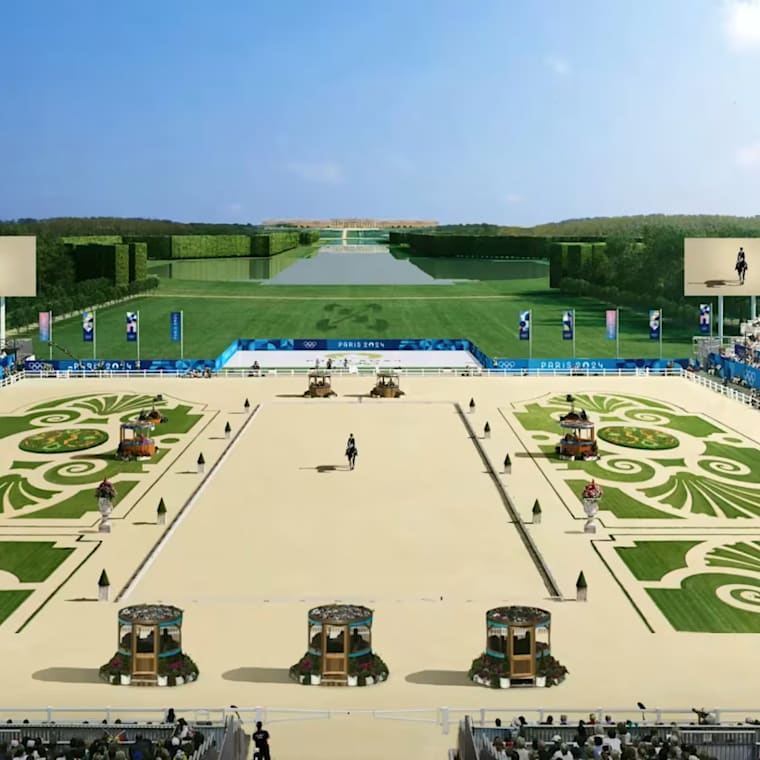
Planning ahead for the second life of objects and materials
From the podiums to the temporary infrastructures and the furniture, sports equipment or signage, Paris 2024 incorporates the circular economy principles and the future of each object mobilised for the Games from the design phase. Reselling, donating, repairing, recycling, the second life solutions are thought of upstream from the event.

Choosing renewable energy
To showcase the achievements of the greatest athletes, Paris 2024 is transforming the standard environmental practices applied and choosing to use renewable wind or solar energy generated in France by connecting the venues to the public electricity distribution network.
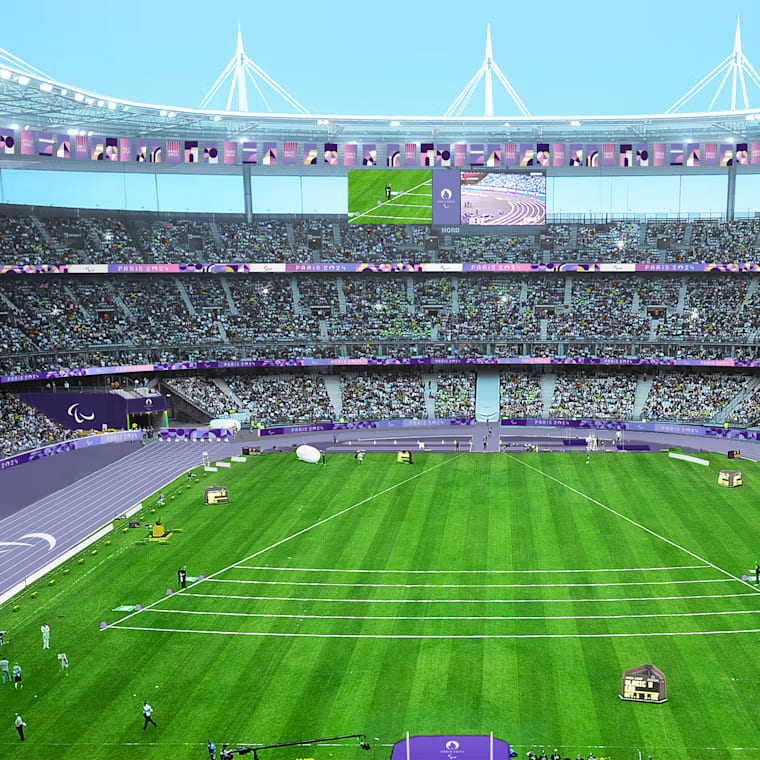
Offering more responsible catering
From sandwiches in the stadiums to meals for the world’s greatest athletes in the Village, catering is a challenge from an operational, cultural and environmental perspective. To delight all of the Games stakeholders, Paris 2024 will offer more local and plant-based food options.

Reducing waste
Less single-use plastics and packaging, less food waste, reusable bottles accepted in the sports venues, simpler sorting guidelines from Paris to Saint-Denis or Marseille… During the Games, the aim is to massively reduce waste and encourage people to take the right steps.

Deploying more responsible digital technology
From computers to televisions, websites and apps, digital technology is on every level of the organization of the Games. Paris 2024 is taking action to reduce the impact by optimizing the volume involved, rolling out a more responsible sourcing approach and planning for the equipment’s second life.
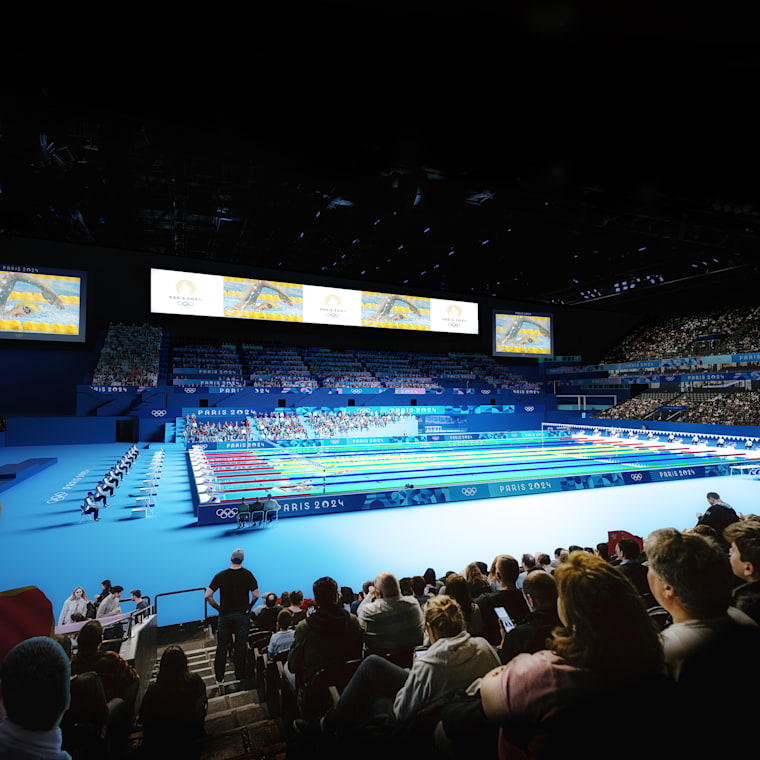
All mobilised for more responsible Games
Because the Games are an event with the capacity to unite together a large number of different stakeholders, Paris 2024 wants to capitalise on this opportunity to help change practices and behaviours.
Public stakeholders, host communities, partners and providers, the sporting movement and athletes, NGOs and spectators… alongside Paris 2024, everyone is contributing on their level to more responsible Games.
OUR LEGACY
For the communities, sports and events
For Paris 2024, the Games are a unique opportunity to accelerate the transformations required for the communities, sports and events.
Various major projects will take shape from 2025, such as the transformation of the Olympic and Paralympic Village into a neighbourhood that will incorporate the best environmental standards, where more than 12,000 people will live and work, or the operations to clean up pollution in the Seine, enabling people across the Paris Region to enjoy new bathing areas.
This also involves practical guides and methods, new solutions and collective dynamics supporting the environmental transformation of the world of sport and events which will inspire progress well beyond 2024. With the French Ministry of Sport and the Olympic and Paralympic Games and the National Olympic and Sports Committee, supported by the French Agency for Ecological Transition (ADEME), Paris 2024 has developed the “Events Climate Coach”, a free online tool to help sports events in France to reduce their carbon footprint.














